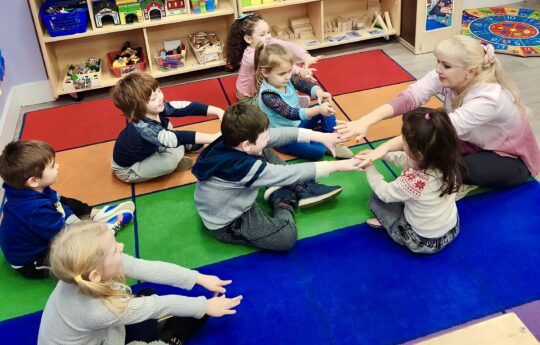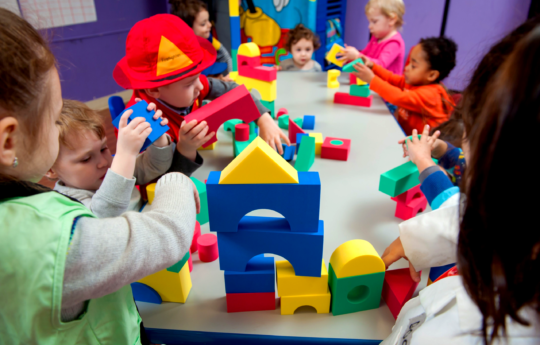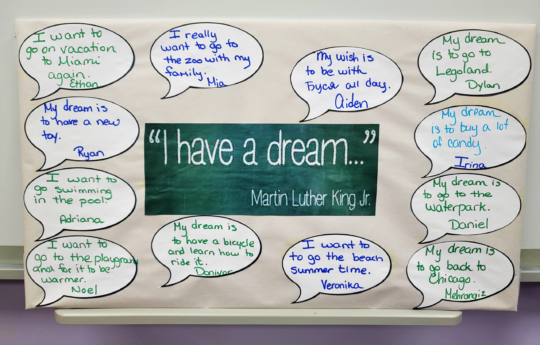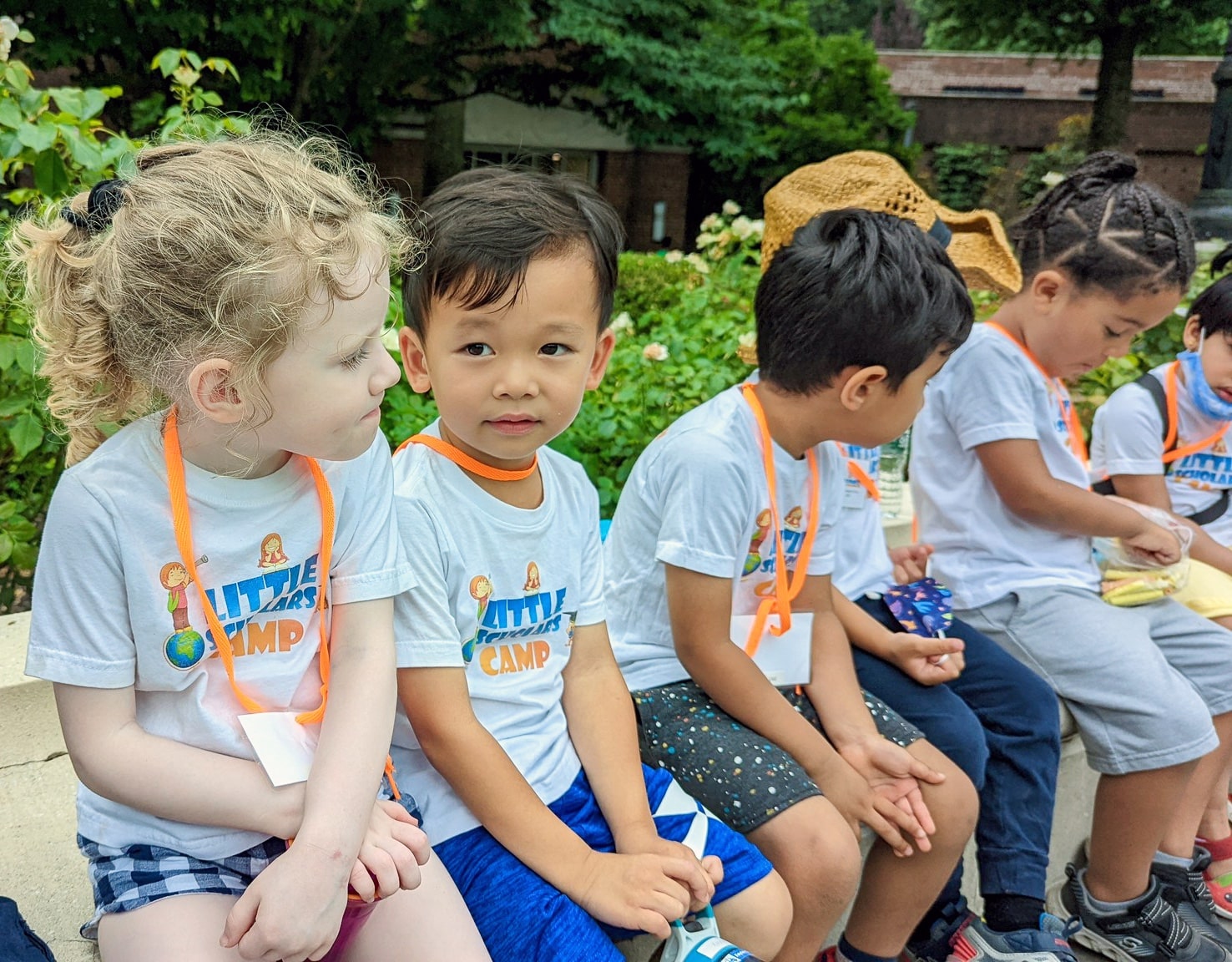
Field trips are an important element of the educational experience for kids. They let children learn in a more hands-on and interactive way, and to gain exposure to new settings and adventures. In this article, we will dive into the reasons why field trips are vital for kids’ development and explore the most amusing trip ideas.
What Are Educational Field Trips?
Educational field trips are structured outings with a specific learning objective in mind, organized by educational institutions like schools or daycare centers. These trips are designed to complement and enhance the curriculum by providing students with real-world experiences related to their studies. Unlike casual outings, educational field trips are purposeful and carefully planned to achieve educational goals, such as observing natural habitats in a science unit, visiting a museum for historical studies, or exploring a factory to understand manufacturing processes.
Regular Outings vs. Educational Field Trips
Regular outings, such as a visit to a park or a movie day, are primarily recreational and lack a structured learning component. These activities provide general exposure to the outside world and are often more relaxed, with the primary aim being enjoyment or leisure. On the other hand, educational field trips are intentionally designed to provide experiential learning opportunities that align with educational objectives. While enjoyment can be a part of these trips, the focus is on extending classroom learning, encouraging observation, inquiry, and critical thinking skills that directly tie back to the educational curriculum.
The Vital Role of Field Trips in Child Development
Field trips are crucial for children’s development for several reasons:
1. Learning outside of the classroom
Field trips provide kids with a chance to learn in a new environment, beyond the walls of the classroom. This can give a fresh perspective on the subject matter at hand and make learning more engaging and memorable. For example, a field trip to a museum can breathe life into history and help children understand and appreciate the past in a more meaningful way.
2. Exposure to new experiences
Checking out new things is another benefit of field trips. Kids get to experience things they might not have come across otherwise. This can broaden their horizons and help them develop an appreciation for different cultures, lifestyles, and ways of thinking. For example, a field trip to an art gallery can expose children to different forms of art and promote creativity.
3. Social development
Socializing with peers during field trips can develop and strengthen kids’ social skills. They can learn how to communicate effectively, work in teams, and respect other people’s viewpoints. This builds confidence and develops social skills that are essential for success later in life.
4. Real-world application of knowledge
By going on field trips, children can grasp how the knowledge they’re gaining in school connects to real-world situations. This can help make learning more relevant and allow kids to see the practical applications of what they are learning.
5. Exposure to nature
Visiting natural environments like parks, gardens, or forests on field trips can help kids develop a sense of appreciation for nature. This can foster a love of the outdoors and inspire children to become more environmentally conscious. On top of that, studies have proven that exposure to nature has a positive impact on children’s mental health and wellbeing.
Incorporating Field Trips into Curriculum
Integrating field trips into educational programs requires thoughtful planning and a clear understanding of the curriculum objectives. Here’s how this can be achieved:
- Curriculum Alignment: Identify areas of the curriculum that can be enhanced through real-world experiences. For example, a biology class studying ecosystems could benefit from a trip to a nature reserve, while a history lesson on the civil rights movement could be enriched by visiting a relevant museum or historical site.
- Learning Objectives: Define specific learning objectives for each field trip. What should students learn or be able to do after the trip? Objectives should be measurable and achievable through the activities planned during the outing.
- Pre-Trip Preparation: Prepare students for what they will experience and learn. This could involve classroom lessons that introduce key concepts, discussions about what they will see, or research assignments to complete beforehand. Pre-trip activities help students connect the experience with their existing knowledge and understand its relevance.
- During the Trip: Engage students with guided tours, worksheets, scavenger hunts, or projects that encourage active participation and observation. Staff or guides can facilitate learning by pointing out specific items of interest, asking questions, and encouraging students to think critically about what they are experiencing.
- Post-Trip Activities: Reinforce the learning through follow-up activities in the classroom. This can include discussions, presentations, projects, or reflective essays where students synthesize what they learned during the trip and how it applies to their studies.
- Assessment and Feedback: Evaluate the effectiveness of the field trip in achieving its educational objectives. This can be done through quizzes, student feedback, discussions, or observing the application of new knowledge in subsequent lessons.
- Community and Parental Involvement: Involve parents and the community by informing them about the educational value of the trip, and, when appropriate, including them as volunteers or participants. This can enhance the learning experience and provide additional support for the educational objectives.
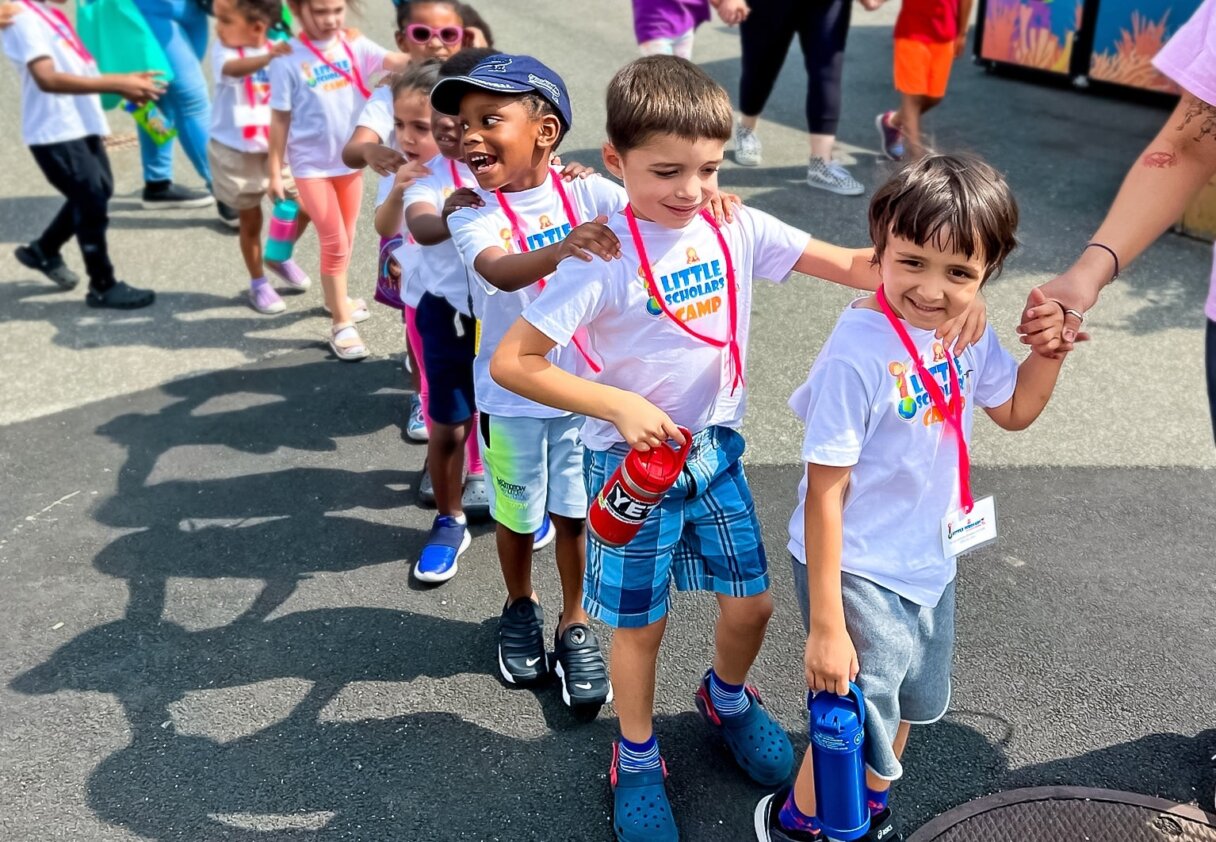
The Role of Field Trips in Summer Camp Programs
Field trips are a pivotal aspect of summer camp activities, offering children enriched learning experiences outside the conventional classroom environment. These outings serve as a platform for exploration and adventure, igniting curiosity and fostering a love for learning through real-world interactions. They play a crucial role in social development, enabling children to build and strengthen relationships through cooperative and communicative activities. Furthermore, field trips often connect children with nature, promoting environmental awareness and physical health through engaging outdoor activities.
These experiences also provide cultural exposure, broadening children’s perspectives and fostering appreciation for diverse histories and traditions. Additionally, field trips teach practical life skills, enhancing children’s independence and adaptability by navigating various social and public settings, making them an essential element of summer camp programs that contribute significantly to the holistic development of children.
Learning Outside the Classroom
Let’s take a closer look at some of the most entertaining field trip ideas for kids!
Farm
Field trips to farms are an excellent way to introduce kids to the natural world and teach them valuable lessons on agriculture, the environment, and animals. Visiting a farm can provide a bunch of benefits for children, from educational and personal prospective.
1. Learning about agriculture
One of the key perks of a farm trip is that it can help children learn about agriculture. By getting a glimpse of how farmers grow crops and raise animals, kids can develop a better understanding of where their food comes from. They can also learn about the different types of crops cultivated in the area.
2. Understanding animal behavior
A farm trip is an awesome chance for kids to learn about animal behavior. They can observe how cows are milked, how pigs are fed, and how chickens lay eggs, gaining knowledge of the different roles animals play on the farm and the importance of taking care of them.
3. Connecting with nature
Connecting with nature is also one of the exceptional chances the farm trip presents for kids. They can experience the beauty of the countryside and the natural world, breathing in fresh air and enjoying the scenery. This can enable kids to develop a deeper appreciation for nature and understand the importance of protecting it.
4. Boosting physical activity
A farm trip can be an excellent way for children to engage in physical activity. They can walk around the farm, carry buckets of feed, and interact with animals. This can help children develop gross motor skills, improve their coordination and balance, and provide an opportunity for exercise.
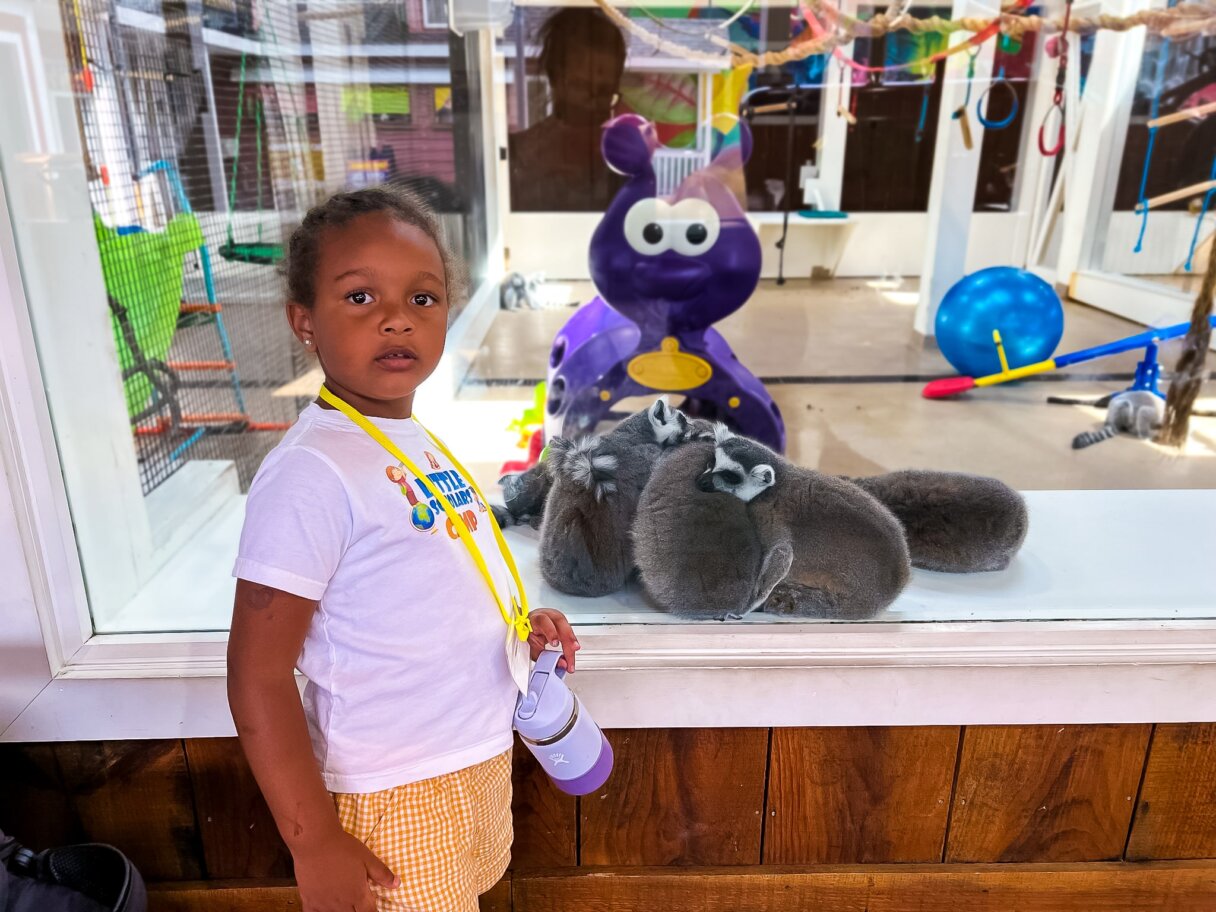
Zoo
One of the most popular and beneficial field trips for children is a visit to the zoo. It lets them get an up-close view of animals, learn about diverse ecosystems, and get a better grasp of the world around them. This visit gives youngsters a rare chance to study animals up close, cultivate empathy and compassion, exercise their critical thinking skills, and enhance their socialization skills.
1. Encourages hands-on learning
Field trips to the zoo provide a hands-on learning experience that cannot be replicated in the classroom. Kids get to see, touch, and observe animals in their natural habitats. This experiential learning technique helps children absorb information better and sparks their interest in the natural world.
2. Teaches environmental awareness
With the help of field trips to the zoo kids may learn about the environment and the importance of conservation. Many zoos have exhibits that highlight endangered species, and they often provide information about what people can do to help protect them. Through this type of learning, children can grow to appreciate the world of nature and become more environmentally conscious.
3. Develops empathy and compassion
By visiting the zoo, kids can develop empathy and compassion for animals. Seeing animals up close and learning about their behaviors, can help them comprehend their needs and feelings. This understanding can foster a sense of compassion and respect towards animals and their habitats.
4. Encourages critical thinking
Engaging in critical thinking is another perk children get from visiting the zoo. As they observe and learn about different animals, they may be prompted to ask questions and seek answers. This type of inquiry-based learning can help children develop critical thinking skills and instill a love of learning.
Children’s museum
Children’s museum field trips offer a wide range of benefits for kids that go beyond a day of fun and entertainment. These institutions are specifically designed to provide educational experiences that spark curiosity, creativity, and imagination in young minds. A visit to a children’s museum can be a great way for kids to learn about the world around them, explore new concepts, and gain new skills.
1. Hands-on, interactive learning experience
Many exhibits and displays are interactive, allowing children to touch, manipulate, and experiment with different objects and materials. This type of learning is often more effective than passive forms of education because it encourages children to actively engage with the information they are learning.
2. Fosters creativity and imagination
Several displays are meant to pique children’s imaginations and inspire them to think differently. Children can explore their own interests and ideas, as well as learn about different fields of study and career paths. This type of exposure can be particularly beneficial for kids who may not have access to these types of experiences in their daily lives.
3. Develops social skills
These trips often involve interacting with other children and museum staff, which can help children learn how to communicate effectively, make friends, and work together. These skills are essential for future success in school and in life.
Adventureland
Adventureland is a theme amusement park that offers an array of activities and attractions, such as roller coasters, water rides, and interactive exhibits. Beyond the excitement of the rides, there are lots of educational and social benefits that come with taking kids on a field trip to Adventureland.
1. Educates about science
Many of the attractions in the park are designed to teach students about science, physics, and engineering. For example, students can learn about centrifugal force and gravity on the roller coasters and water rides.
2. Broadens horizons
The park’s interactive exhibits offer a fun and engaging way for children to learn about various topics such as history, geography, and art. This can help to broaden their horizons and spark their curiosity.
3. Promotes physical activity
Lots of the rides and attractions require physical exertion, which can be a fun way for students to stay active and burn off excess energy.
4. Fosters a love of learning and exploration
For many students, a trip to Adventureland may be their first time visiting a theme park, and the excitement and sense of adventure can stay with them for years to come. These memories can also help to foster a love of learning and exploration that extends beyond the classroom.
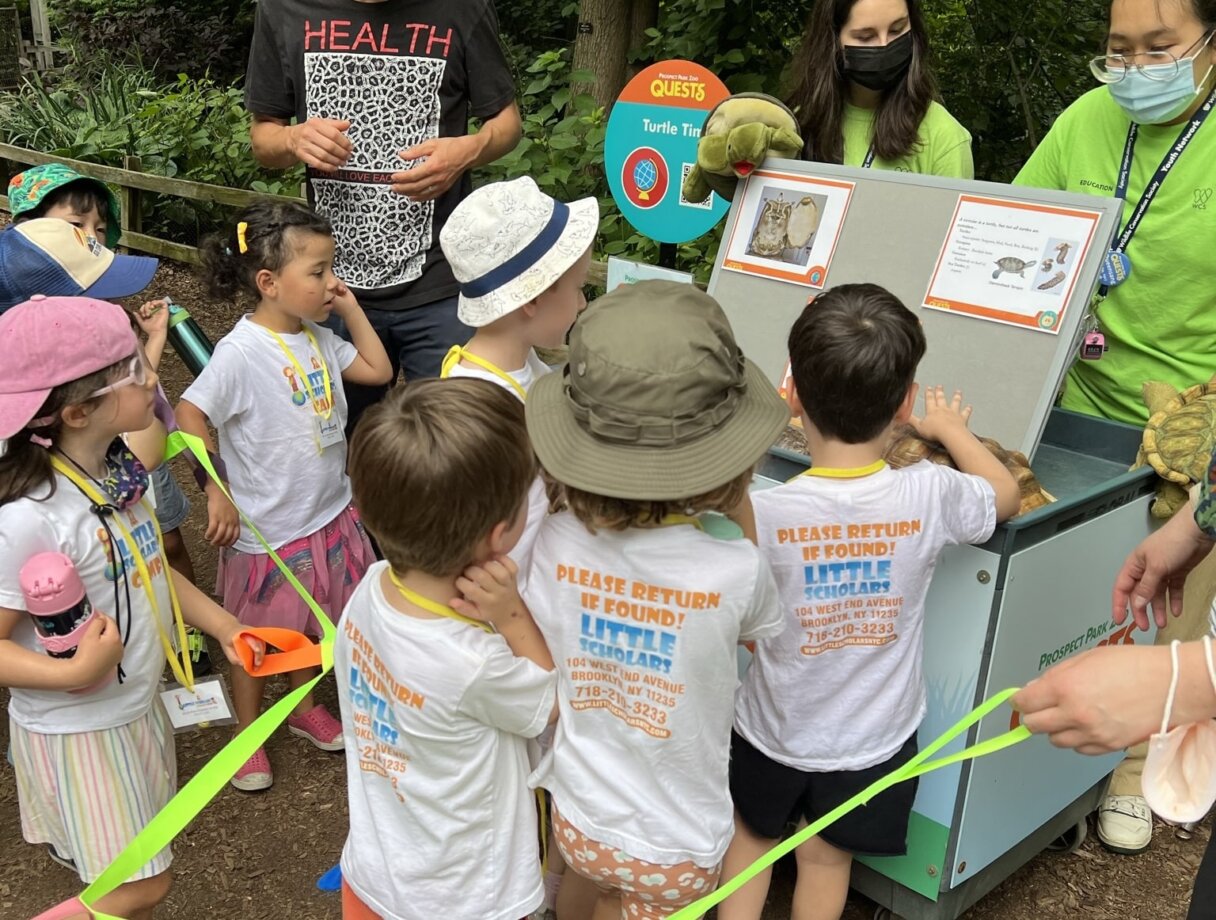
Botanical Garden
Field trips to the botanical garden allow children to learn about the world around them, develop their scientific and observational skills, and foster a love of nature. Botanical gardens are outdoor spaces that are designed to showcase a diversity of plant life from around the world. These gardens often have specialized areas dedicated to specific types of plants such as herbs, trees, succulents, or aquatic plants. With a help of such field trips your kid will be able to attain the following:
1. Learn about plant diversity
A botanical garden is a great spot to introduce children to the huge variety of plant species out there. They can discover the differences between flowering plants, non-flowering plants, and how plants are classified based on their characteristics.
2. Understand plant life cycles
Taking a field trip to the botanical garden can also help children understand the life cycles of plants. They can witness how plants grow from seeds, and learn about the different stages of plant development from sprouting to flowering and fruit production. Moreover, they can delve into the importance of pollination, how different pollinators help plants, and how plants have adapted to attract them.
3. Develop observation skills
Botanical gardens offer a unique chance for children to sharpen their observation skills. They can observe the different shapes, sizes, and colors of plant leaves, flowers, and fruits. Additionally, they can develop an awereness of how plants interact with each other and with the environment, such as how they compete for resources or adapt to different weather conditions.
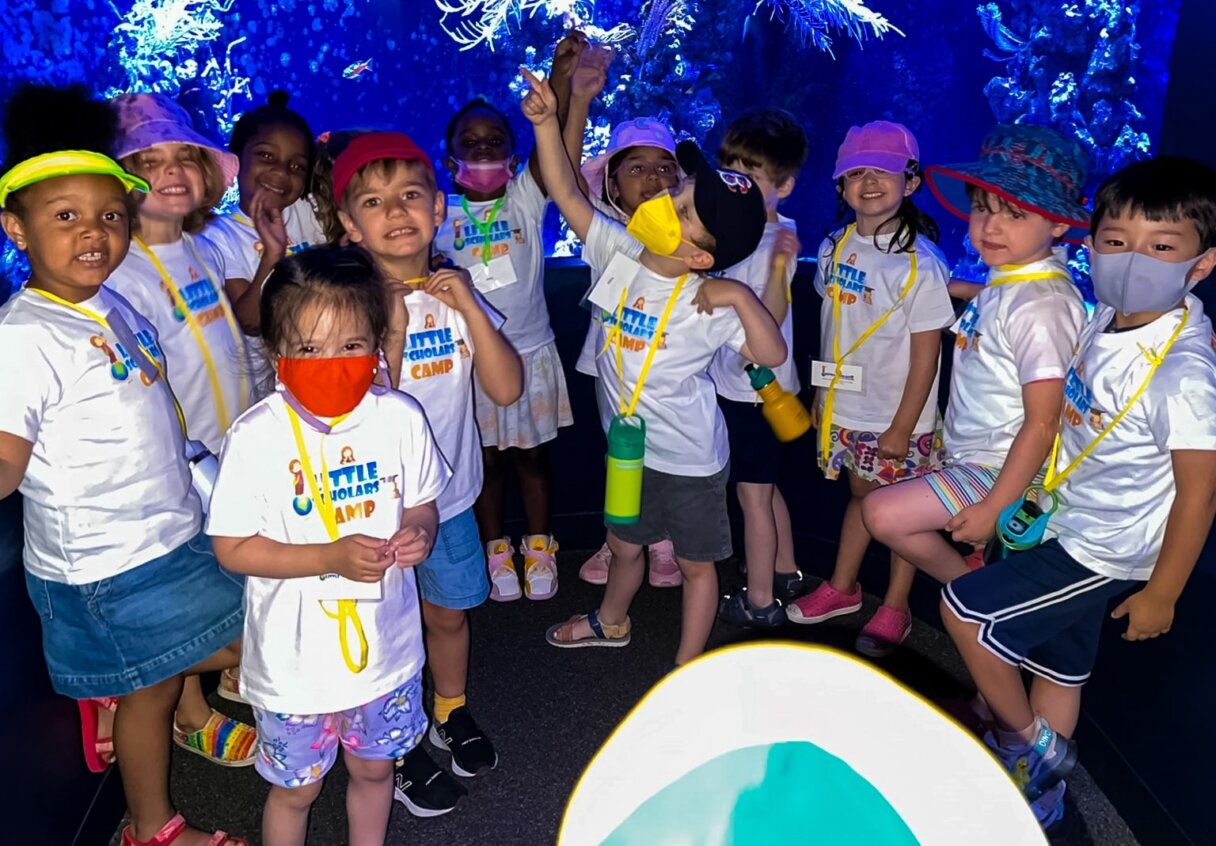
Aquarium
Another unforgettable experience for kids will be taking a field trip to an aquarium. Not only is it a great chance for kids to learn about the fascinating creatures that live under the water, but it can also help promote an appreciation for the environment.
1. Educational Experience
Aquariums are a fantastic source of knowledge and information about marine life. Kids can learn about the different types of fish, their habitats, and behaviors. Besides, they can discover the diverse ecosystems that exist in the ocean and understand how everything is interconnected.
2. Promotes Environmental Awareness
By visiting an aquarium, kids can learn about the importance of taking care of the environment and protecting marine life. It is essential to teach children about the impacts of pollution and climate change on the ocean’s ecosystem, and an aquarium can help them understand these concepts better.
3. Inspires Creativity
Aquariums can be a source of inspiration for children’s creativity. Kids can observe the different colors and patterns of fish and other creatures, which can spark their imagination and inspire them to create their own artwork or writing.
4. Encourages Curiosity
Field trips to aquariums can stimulate children’s curiosity and encourage them to ask questions. They may want to know how fish breathe underwater or how they swim. Answering these questions can help them understand the processes that exist in the world of nature and inspire them to learn more.
5. Provides a Change of Environment
For sure, moving from the classroom to aquarium is a change of setting, where kids experience something new and exciting. This can be a refreshing break from their regular routine. The aquarium’s calming atmosphere can also help reduce stress and improve mental health.
Legoland
Legoland is a unique place where children can learn and explore the world of science, technology, engineering, art, and mathematics (STEAM) through interactive exhibits and hands-on activities.
1. Learning through Play
Legoland offers a variety of exhibits and activities that encourage learning through play. Kids can explore the park’s many themed areas, build their creations with Lego bricks, and participate in educational workshops and demonstrations. These experiences help kids develop important skills, such as problem-solving, critical thinking, and creativity, in a fun and engaging way.
2. STEAM Education
Field trips to Legoland can offer a valuable chance for kids to learn about STEAM subjects in a hands-on and interactive way. The park’s exhibits and activities feature principles of science, technology, engineering, art, and mathematics in an approachable and captivating way for kids.
3. Creativity and Imagination
Legoland encourages kids to tap into their creativity and imagination through building with Lego bricks and participating in creative workshops and activities. Moreover, kids can use their imaginations to create their structures, buildings, and machines, allowing them to express themselves creatively while also learning important skills such as design and problem-solving.
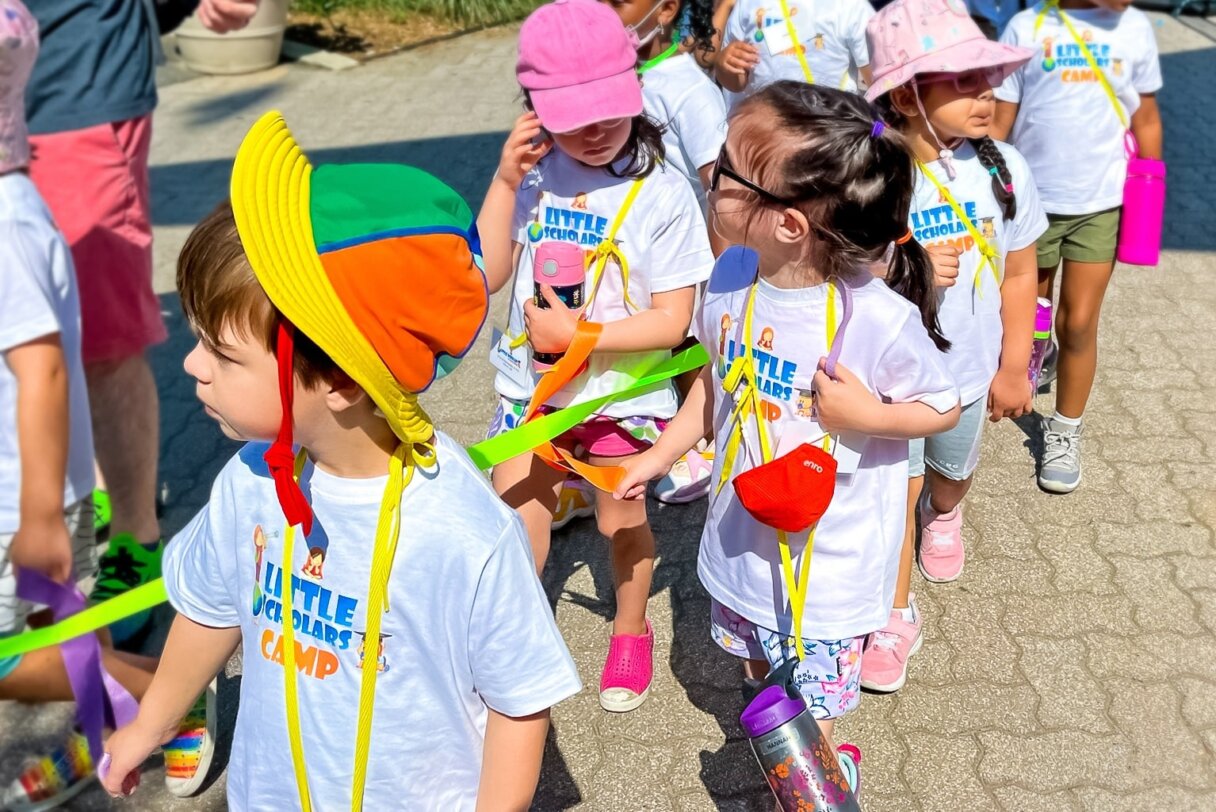
Planning and Organizing Field Trips
When planning successful and educational field trips, you should focus on the following tips, with particular emphasis on safety, educational objectives, and engagement:
- Clearly Define Educational Objectives: Start by identifying what you want the children to learn or experience. Align the trip with your curriculum goals to ensure that the activities are educational and meaningful.
- Choose Appropriate Locations: Select destinations that are age-appropriate, safe, and relevant to the educational objectives. Consider places that offer interactive and hands-on learning opportunities to maximize engagement.
- Conduct Pre-Visit Planning: Visit the site beforehand, if possible, to plan logistics and identify potential learning opportunities and safety hazards. This will help you tailor the experience to your group’s needs and interests.
- Prepare the Children: Educate the students about the trip beforehand. Discuss what they will see and do, and set behavioral and learning expectations. This preparation can enhance their engagement and ensure they get the most out of the experience.
- Focus on Safety: Ensure all safety measures are in place, including transportation, first aid, and supervision. Have a clear plan for emergencies and ensure all children are accounted for at all times.
- Maintain a Favorable Student-to-Staff Ratio: Adequate supervision is crucial for both safety and educational support. Ensure you have enough adults to effectively manage and engage with the children.
- Engage Students During the Trip: Use interactive and participatory methods to keep students engaged. Consider activities like scavenger hunts, guided tours, and worksheets that connect with the educational objectives.
- Follow Up After the Trip: Reinforce the learning by integrating post-trip activities into your curriculum. Discussions, projects, or presentations related to the trip can help solidify the experience and integrate it into ongoing learning.
- Gather Feedback: After the trip, collect feedback from students and staff to assess the effectiveness of the experience and make improvements for future trips.
Unlocking Potential Through Field Trips
All of the above-mentioned field trips are available to children through Little Scholars’ Summer Camp program! Our exciting program offers a variety of fun-filled field trips, including visits to the Farm, Zoo, Children’s Museum, Adventureland, Botanical Garden, Aquarium, and even Legoland!
At Little Scholars, we believe that summer should be a time of exploration, adventure, and learning. Our expertly crafted field trips are designed to spark your child’s curiosity, encourage hands-on exploration, and promote a love of learning. Children who are curious about the world around them are more likely to be motivated to seek out new experiences and continue to learn throughout their lives!
With our experienced and passionate teachers, your child will enjoy a safe and engaging summer filled with new experiences, friendships, and memories that will last a lifetime. So why wait? Sign up for Little Scholars’ Summer Camp program today and give your child a summer they’ll never forget!


